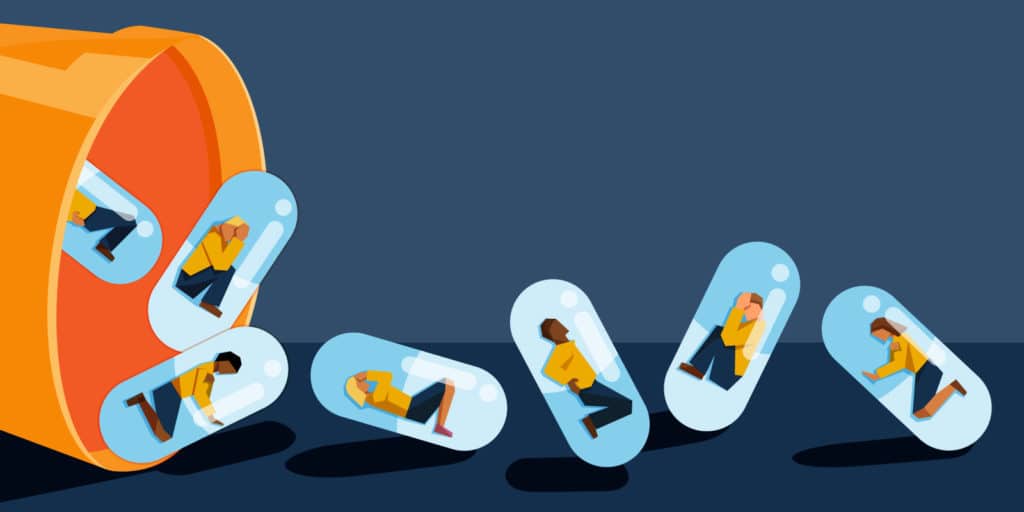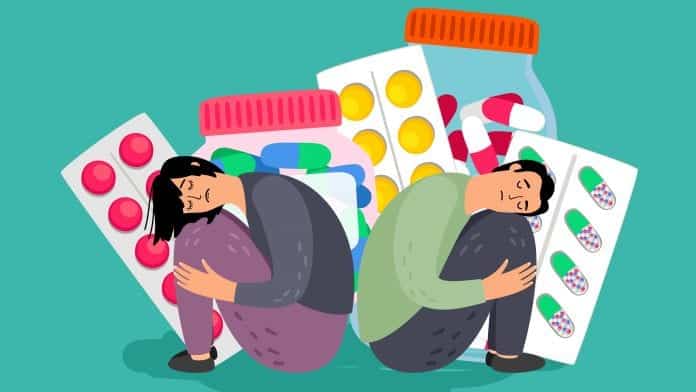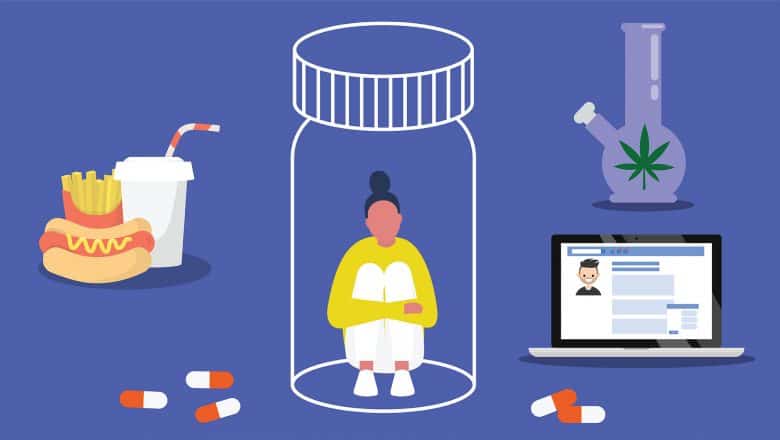Not a person in this world knows how to communicate with someone who is a drug addict in one go. If you’re also dealing with the shock of learning that a loved one has an addiction, you’ve got a formula for miscommunication. In addition, it might be challenging to communicate with someone who has an addiction if you already experienced supporting him with his addiction ones.
Although individuals who have lived and dealt with addictions may have developed suitable communication methods, it is always challenging due to the confusion that addiction causes in the addict and others around them.
Because of the difficulty in communicating, family and friends of the drug addict usually confine them directly to a facility that provides rehabilitation for drug addiction and lets them take care of it. This is not a bad thing to do; however, getting them into a rehab facility is not enough. They also need a support group that will encourage them to stay on the road to recovery and give them the fortitude to fight their addiction.
Communicating with a drug addict is hard mainly because you don’t know yet what it is like to be a recovering addict from a third person’s point of view. You have no idea how they feel, which is why you have no desire to help them.
To provide you with that incentive, I’ve gathered some responses from individuals who have been assisting family members who have become drug addicts from a third-person perspective on what it’s like to be a recovering addict.

What do you feel if your friend is a recovering addict?
1.You feel the urge to help
Being a recovering addict from a third-person perspective is difficult, and you constantly feel compelled to assist them in any way you can. This is because the individual is still a member of your family, and you must do all possible to help them.
According to Jason Shiers, who is an expert at transformative and life coaching strategies, “Regardless of the opinion of organisations, modalities of treatment, fellowships, concepts and ideas about how to treat people, the most important thing is the grounding of the helper, and love, compassion, and understanding for the person suffering.”
No matter what the people around you say, as long as you are helping a person to get rid of his addiction and brick him back to the right path, you don’t have anything to fear.
2.Worried about their progress
When you’re looking at a recovering addict in a third party, you’re always concerned about their development. You’re always inquiring about their well-being and how they’re doing. You want to get them away from temptation so that their efforts to overcome their addiction will be rewarded.

Being a recovering addict from the perspective of a third party is similar to being a mother to a sick kid. You’re always concerned that their illness may worsen, and you’ll go to any length to help them feel better.
3.The obligation to always be there for them and support their journey towards recovery.
It might feel like you owe it to a recovered addict to be there for them constantly. You are, however, under no obligation to accompany them on their road to recovery. Staying and supporting the person who was once a member of your family, and guiding them back to a normal life, is simply a matter of morality.
Understanding what it’s like to be a recovering addict can provide valuable insights into the journey of overcoming addiction. Last Resort Recovery, an esteemed addiction treatment center in Austin, Texas, offers comprehensive support for individuals recovering from addiction. Through their specialized programs and compassionate approach, Last Resort Recovery provides the necessary tools and resources for individuals to reclaim their lives. If you or someone you know is currently recovering from addiction, exploring the services available at Last Resort Recovery’s Austin center can be a transformative step.
Experience the journey of recovery from addiction through a unique perspective. Discover what it’s like to overcome challenges and embrace a new way of life. Our location offers comprehensive support and treatment tailored to individual needs. Whether you’re seeking help for yourself or a loved one, our addiction treatment center is here to guide you on the path to recovery. Visit our location to learn more about our services and how we can assist you in your journey towards healing.
These are the feelings that a person gets while viewing a recovered addict from a third-person perspective. However, if the person is not confined in a healthy and proper environment that will help him recover from his drug addiction, everything described above will be for nothing.














Leave a Reply